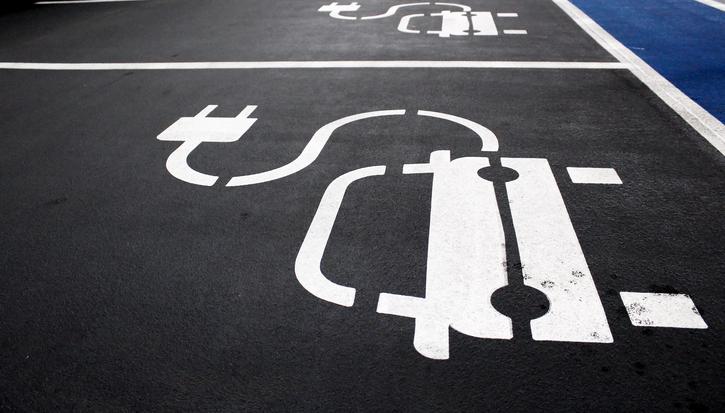Fair Transition Unit
Fair Transition Unit
IPPR’s Fair Transition Unit (FTU) aims to accelerate progress in reducing emissions and restoring nature, while also securing a fairer, more just, and thriving society.
The FTU was established in June 2022 as a flagship initiative to carry forward the work of IPPR’s cross-party Environmental Justice Commission (EJC) and award-winning work on environmental breakdown.
Latest

2030 and beyond: Great British Energy's role in the green transition
The UK government created Great British Energy to help deliver secure, clean and affordable electricity.
Strategic planning for green prosperity
Land is a finite resource, and the demands made of it have only increased over time.
Powering up public support for electric vehicles
Tackling greenhouse gas emissions will only work if public support for action remains strong. That means ensuring tangible improvements in people’s lives and heading off any brewing backlash.
Change you can board: Delivering better, greener buses
The bus services bill is an opportunity to ensure reform really means thriving, green 21st century local bus networks in England.
Meet the team

Emma Killick
Senior programme and stakeholder officerRead more
Becca Massey-Chase
Principal research fellow and head of citizen engagementRead more
Dr Maya Singer Hobbs
Senior research fellowRead more
Stephen Frost
Principal research fellow and head of transport policyRead more
Joshua Emden
Senior research fellowRead more
Sam Alvis
Associate director for environment, energy security and nature and head of the Fair Transition UnitRead more
